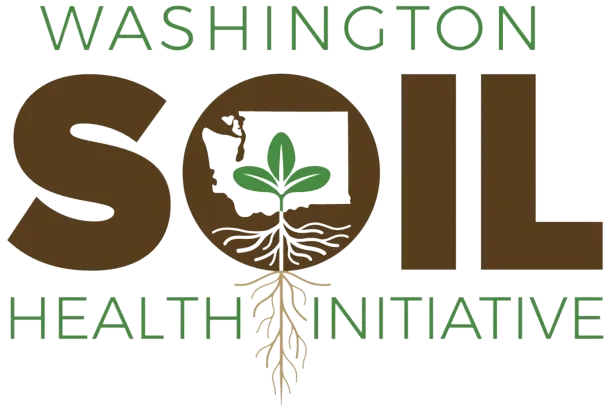Frequently Asked Questions about the Washington Soil Health Initiative
Producers make decisions every day that affect our food, water, and air quality.
WaSHI strives to provide science-based education, research, and support to producers to make management decisions that benefit all of us.
